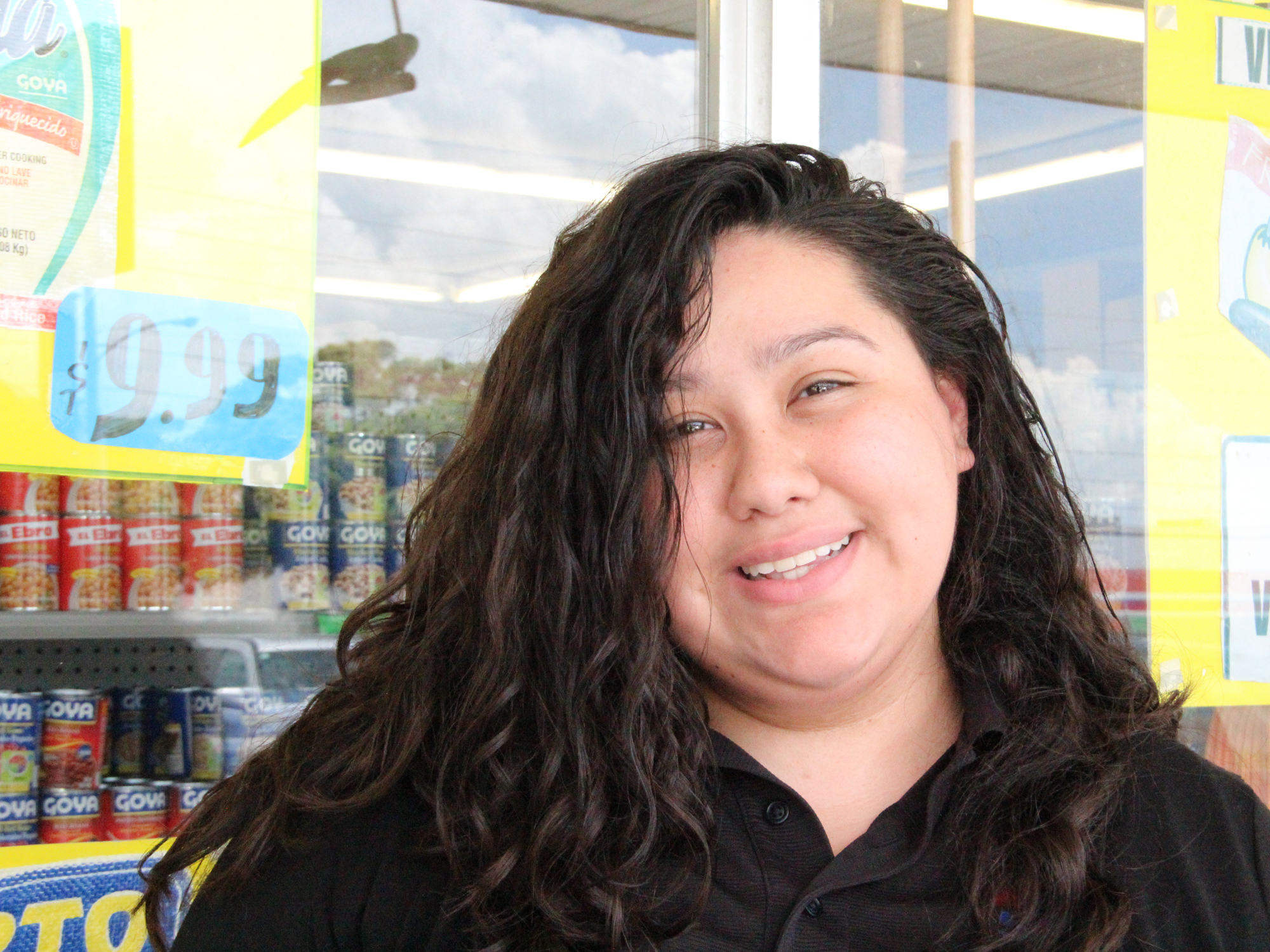Growing up, Natalie Maritz was very close to her older brother. But that changed when he decided to join the United States Air Force after turning 18.
“I had a lot of… I want to say, I didn’t hate him but it was like rencor (resentment),” the 19-year-old said.
To Maritz, it felt like her brother just wanted to escape all the problems at home. As she sat inside Orlando Latin Market, Maritz’s long, wavy locks shone under fluorescent lights. Her voice was even.
When her brother returned from basic training, Maritz recalled his first episode. He was diagnosed first with psychotic depression and later with schizoaffective disorder.
“It was so stressful for him to be in basic training and when he came back, it was like a slap in the face,” Maritz said. “Reality hit him.”
Because her family doesn’t have any known schizophrenic markers, Maritz said the news was very difficult to understand. Why did this happen to him?
“He thought people were following him,” Maritz said.
Her brother is the main reason that fuels Maritz’s advocacy for those suffering from mental illness — her desire to look out for others. Maritz, who studied psychology and criminology at University of South Florida St. Petersburg, currently sits on the Hillsborough board of the National Alliance on Mental Illness and supports two bilingual groups under NAMI — a Spanish language family support group and a bilingual education group.
(LISTEN: Maritz speaks about the stigma of mental illness in the Latino community in the below audio clip)
“They don’t really understand it, mostly because my parents don’t speak a lot of English… and I can speak Spanish and I can speak English but it’s hard to translate sometimes, especially when it comes to scientific things like mental disorders,” Maritz said about her advocacy work.
Though they don’t really understand it, Maritz said her parents support her either way.
“They like that I stay active and busy,” she said, “and especially something that has to do with helping people that are like my brother.”
